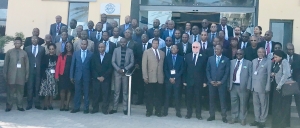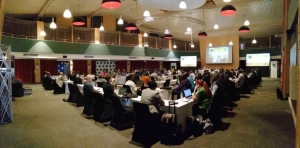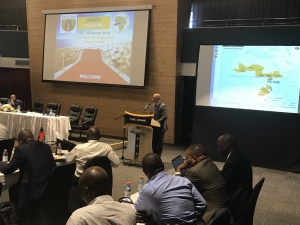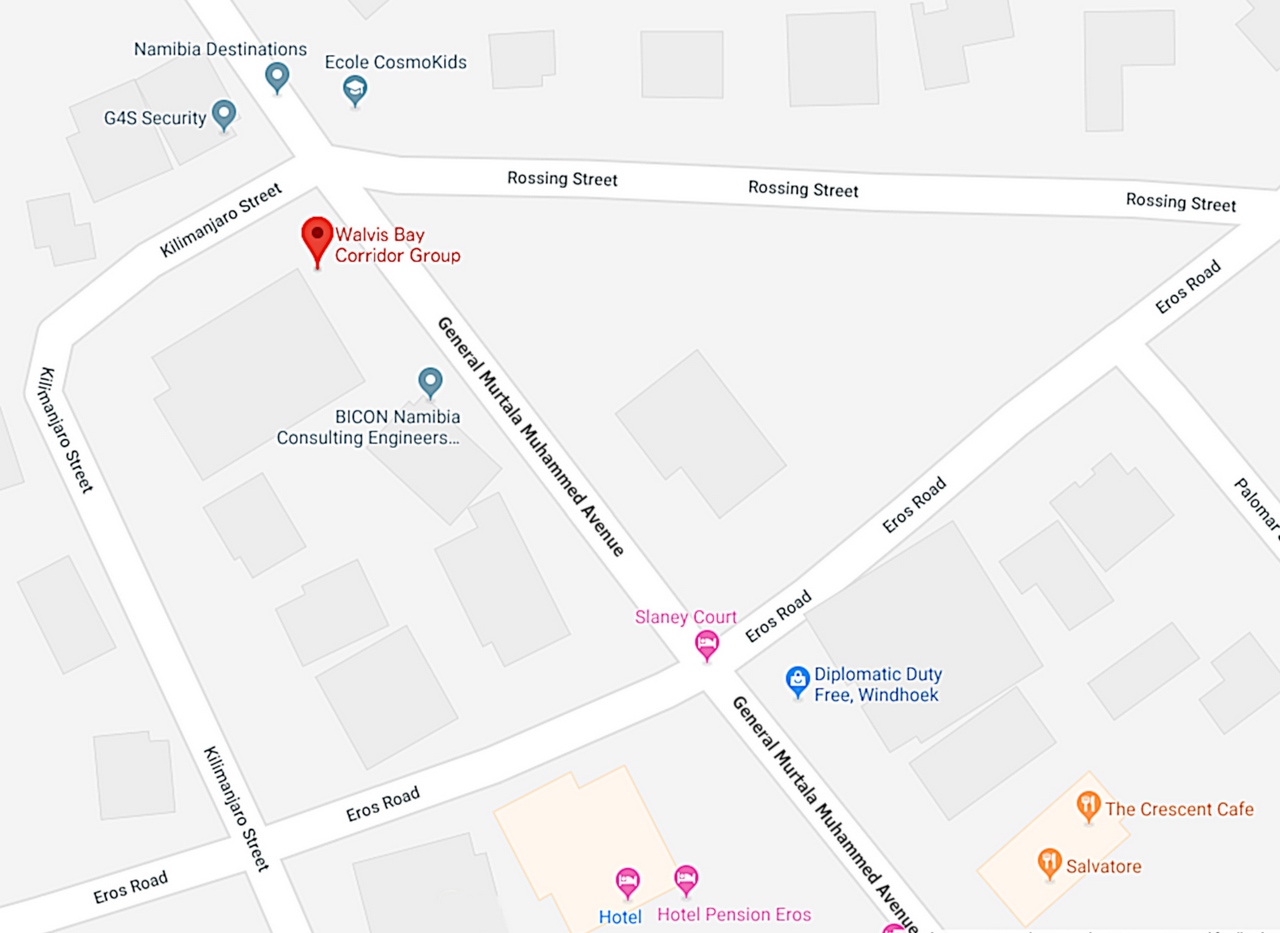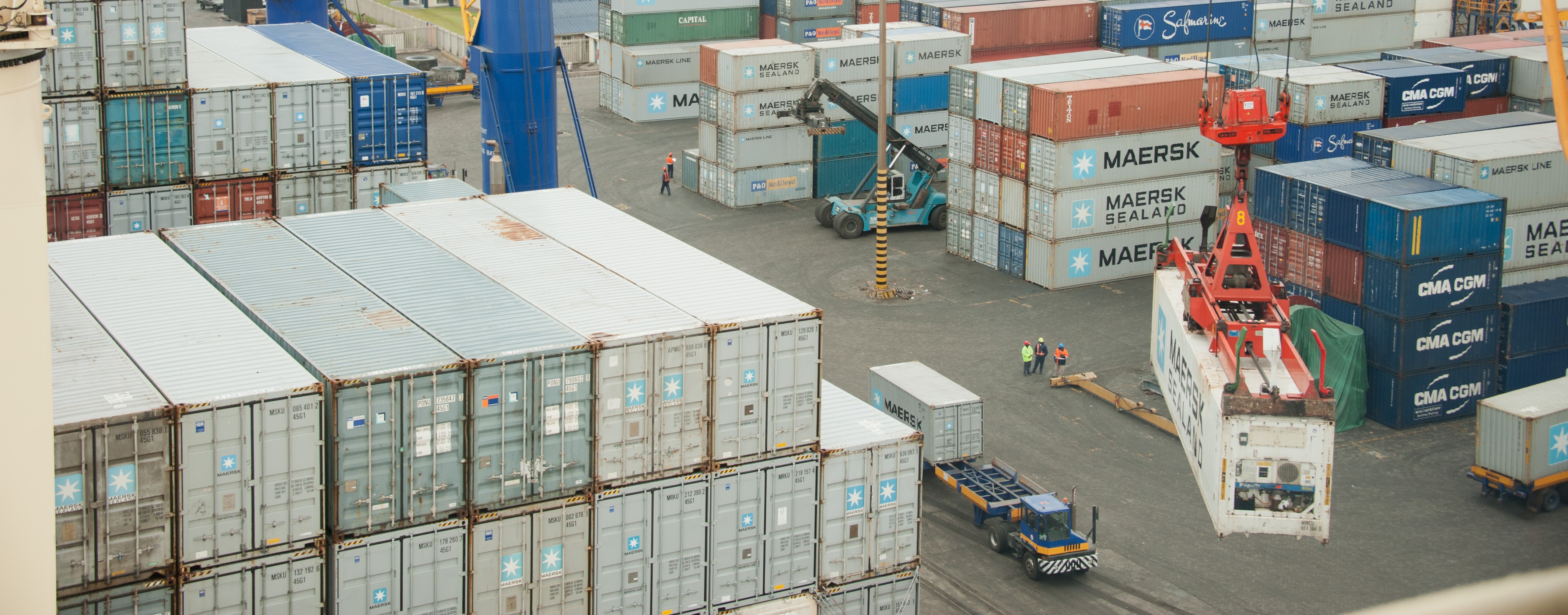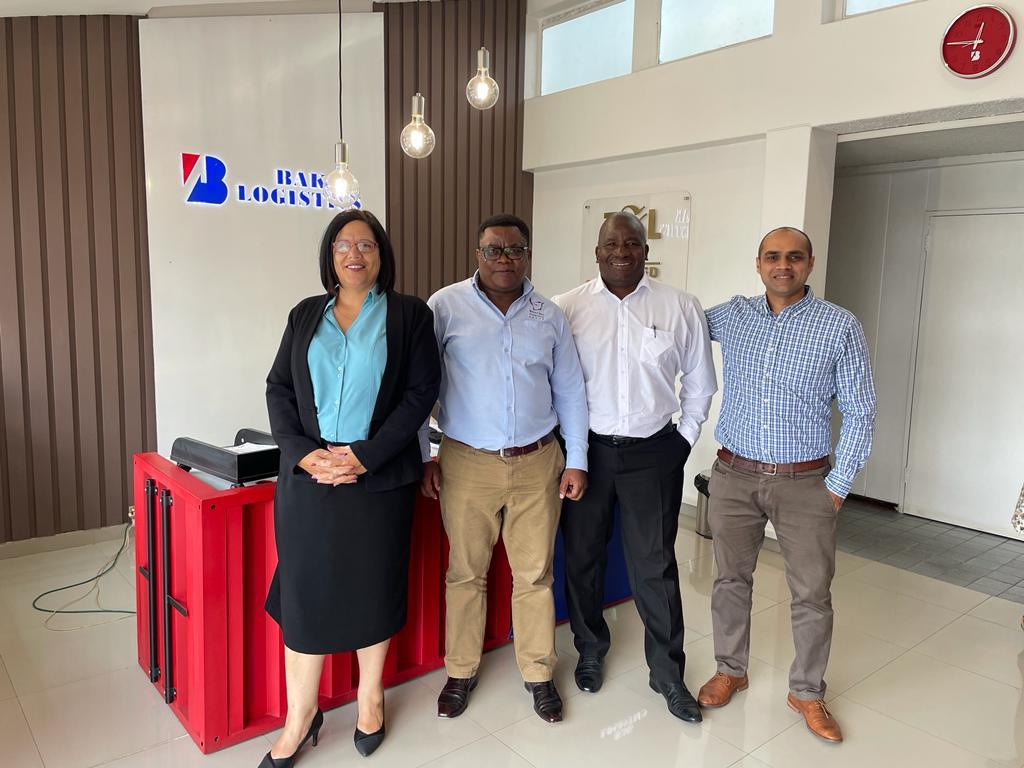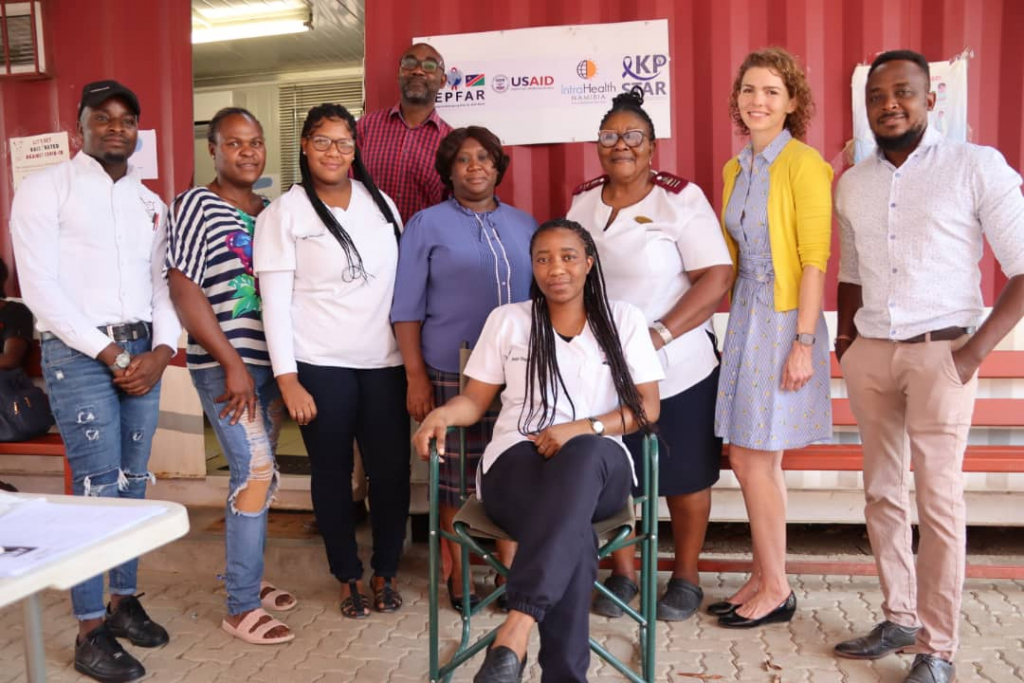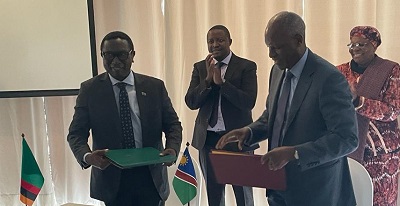RFA hosts successful continental Road Maintenance Fund AGM
Posted: 18 Apr 2019

Namibia’s Road Fund Administration had the distinct honour of hosting the 171h Annual General Assembly for the African Road Maintenance Funds Association (ARMFA) in Swakopmund earlier this month. This was the first time that Namibia has hosted this prestigious gathering.
150 delegates from road funds, bilateral and multilateral institutions from Africa and the globe joined policy makers in the road financing sector at this important meeting to deliberate on key issues affecting the roads on the Africa continent, and to find common solutions to preserving and maintaining the continent’s road assets and infrastructure.
In his address, Namibia’s Minister of Finance Hon. Calle Schlettwein noted that on this the 17th Annual General Assembly of the ARFMA, the commitment of member countries to come together for peer learning and strategic planning in road sector financing that is more aligned to the broader continental development agenda is clearly visible.
Road Funds across the continent have a responsibility to ensure sustainable funding of maintenance and preservation of the road network. Assurances for value for money in Fund management requires that we continuously develop capacity and invest in relevant research to establish benchmark cost prices and enforce them in road project costing. Prudent in Fund Management demands zero tolerance for any manifestations of graft, impropriety and corruption. In fact, this is as mandatory for Fund management as for the construction and operations side for road works for which the development of local capacity to execute the projects needs to be enabled competitively.
Agenda 2063 for Africa’s socio-economic transformation and the 2030 Global Agenda for sustainable development, aspire for a more inclusive growth where no one is left behind in the process of socio-economic advancement. In particular, goal 10 of the continental development agenda aspires for the development of world class infrastructure criss-crossing Africa as a key catalyst for intra-Africa trade, investment and mobility.
WBCG’s Acting CEO, Clive Smith was given the opportunity to engage the meeting delegates on the important role that Corridor Management Institutions play with regards to enhancing African trade through hinterland connections. Mr. Smith highlighted the trade challenges in Africa as well as the considerations for corridor development on the continent. He further gave a brief overview of the WBCG, which is considered to be Africa’s most successful Corridor Management Institution.
The ARMFA contributes to continental integration, the free movement of goods and people, and increased trade between African countries through better and well maintained roads. The Association has grown from 18 founding members in 2003 to now 34 member countries, who are actively involved in driving and implementing the agenda and objectives of the Association.
